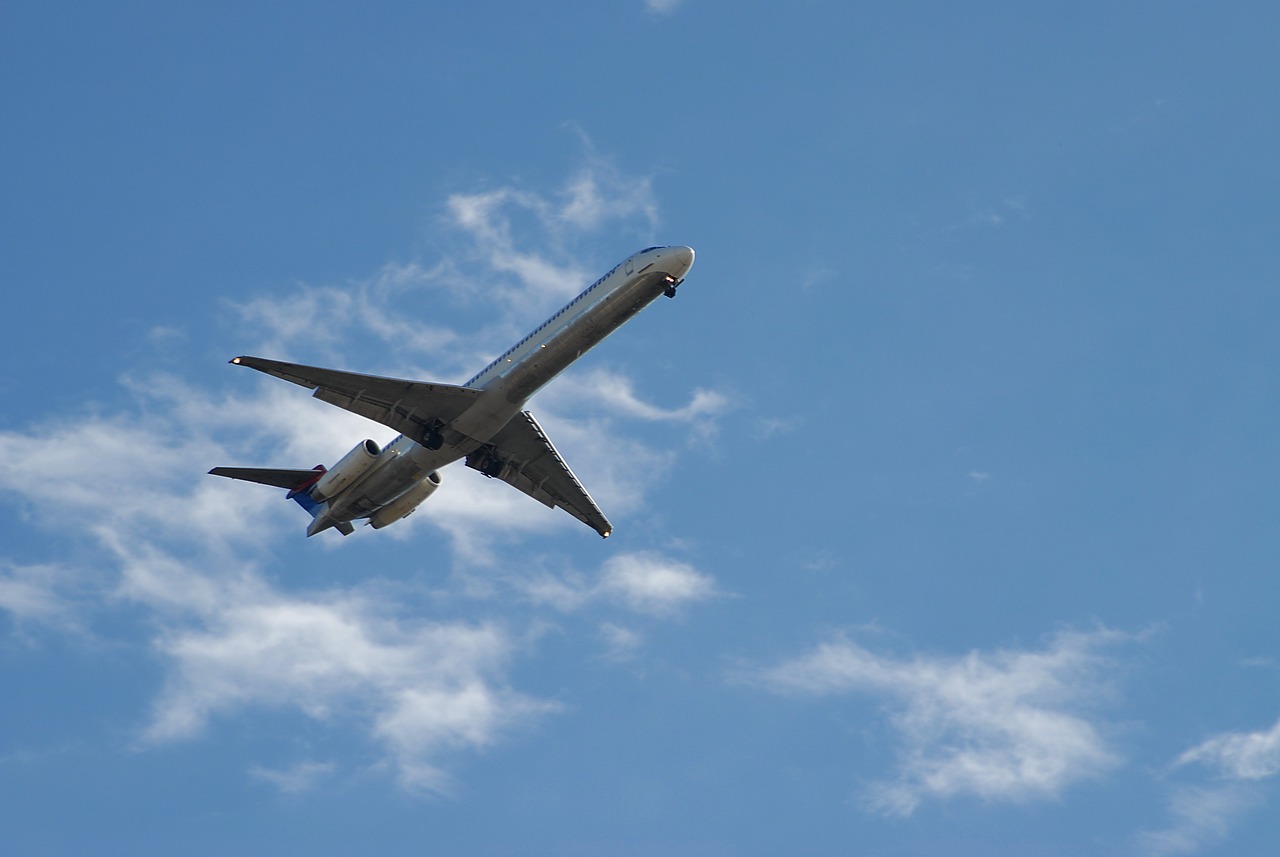Spirit Airlines has filed for Chapter 11 bankruptcy protection in a move that marks a significant turn in the airline’s ongoing struggles. The announcement comes just months after a federal judge blocked the budget airline’s proposed merger with JetBlue, citing concerns about reduced competition in the airline industry.
The bankruptcy filing is part of Spirit’s plan to restructure its debts and streamline operations as it faces mounting financial challenges. In a statement, the airline emphasized that the filing would allow it to continue operating its flights while negotiating with creditors and working towards a sustainable business model. The bankruptcy process is expected to help Spirit reorganize its finances and make adjustments to its operational structure.
Key Reasons Behind Spirit’s Bankruptcy Filing
Several factors have contributed to Spirit Airlines’ decision to seek bankruptcy protection:
- Failed Merger with JetBlue: Spirit’s merger with JetBlue, announced in 2022, was seen as a potential lifeline for the low-cost carrier, which had been struggling with profitability and rising costs. However, in March 2024, a federal judge blocked the merger on antitrust grounds, arguing that the deal would significantly harm competition in the airline industry, especially on routes dominated by low-cost carriers. This left Spirit without the hoped-for consolidation benefits and further strained its financial outlook.
- Financial Strain: Like many airlines, Spirit faced significant losses during the COVID-19 pandemic, and while travel demand has recovered, rising fuel prices, labor costs, and inflation have kept pressure on its profitability. In recent months, Spirit had been struggling to maintain profitability, despite efforts to cut costs and increase revenue.
- Debt and Operational Costs: Spirit Airlines had accumulated a significant amount of debt, and in addition to challenges stemming from the pandemic, the company faced mounting operational costs, including higher wages for workers and the rising price of jet fuel. The bankruptcy filing is aimed at restructuring these debts and renegotiating terms with creditors to ensure the company can continue operating.
- Competition and Market Changes: The airline industry has seen a shift in recent years with increasing competition from other budget carriers and legacy airlines that have adapted their strategies in response to changing market conditions. Spirit, known for its ultra-low-cost model, has found it difficult to maintain its edge in a highly competitive market.
What Does This Mean for Spirit Airlines Passengers?
For passengers, Spirit Airlines will continue to operate its scheduled flights, and there should be no immediate changes to travel plans or bookings. The airline has assured customers that ticket purchases, flight changes, and refunds will proceed as usual during the bankruptcy process. However, there may be future impacts depending on the outcome of the restructuring efforts.
Industry Reactions to the Bankruptcy Filing
The bankruptcy filing comes at a time when the airline industry is facing increasing pressure, with rising operational costs and the lingering effects of the pandemic still being felt across the sector. Travel industry experts have expressed concern over the future of Spirit, given the failed merger with JetBlue and the challenges of surviving as a standalone entity.
Many analysts believe that Spirit’s Chapter 11 filing could prompt further consolidation in the low-cost carrier segment, especially if the airline is forced to sell assets or restructure its route network. The decision to seek bankruptcy protection is seen as a last-ditch effort to stabilize the airline’s financial situation, but whether Spirit can recover successfully remains to be seen.
References:
- Reuters, “Spirit Airlines Files for Chapter 11 Bankruptcy Protection After JetBlue Merger Blocked” (October 2024).
- The New York Times, “Spirit Airlines’ Chapter 11 Filing Highlights Struggles in the Airline Industry” (October 2024).
- Wall Street Journal, “Spirit Airlines to Restructure After Failed Merger, Rising Costs” (October 2024).
- CNBC, “Spirit Airlines Files for Bankruptcy, Continuing Struggles After Merger Block” (October 2024).



